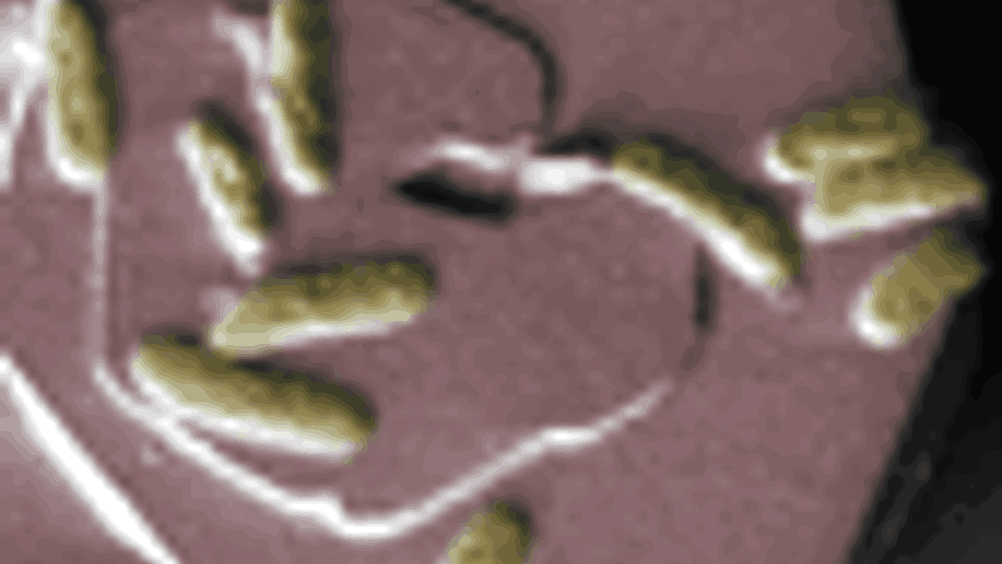Government invests in bug-busting technology

The government is investing £800,000 to develop biosensor chips and hardware for real-time hand-held monitoring technology to detect diseases such as malaria and meningitis in the field.
Cambridge-based nanotechnology firm Akubio received the grant to develop a portable, low cost, rapid response disease diagnosis device, which could help doctors make instant and accurate diagnoses.
The device uses the quartz crystal element from a simple wristwatch and can be powered by standard batteries. It could enable doctors to make instant, accurate, bedside or in-the-field medical diagnoses from blood or other samples.
The device's sensor detects specific molecules within a sample, using miniaturised echo sounder acoustic technology to determine the presence of marker proteins for a particular disease or disease causing pathogens. This would encompass bacterial or viral infections including avian influenza, meningitis, E.coli and malaria, and chemicals that could indicate heart attack, stroke and some cancers.
The project will bring together three technologies: Reagent Mine's pre-concentration of analytes from complex biological samples on magnetic beads and nanoparticles, Cambridge University's polymeric biocompatible surface coatings, and Akubio's acoustic detection methodology.
Register now to continue reading
Thanks for visiting The Engineer. You’ve now reached your monthly limit of news stories. Register for free to unlock unlimited access to all of our news coverage, as well as premium content including opinion, in-depth features and special reports.
Benefits of registering
-
In-depth insights and coverage of key emerging trends
-
Unrestricted access to special reports throughout the year
-
Daily technology news delivered straight to your inbox










Water Sector Talent Exodus Could Cripple The Sector
Well let´s do a little experiment. My last (10.4.25) half-yearly water/waste water bill from Severn Trent was £98.29. How much does not-for-profit Dŵr...